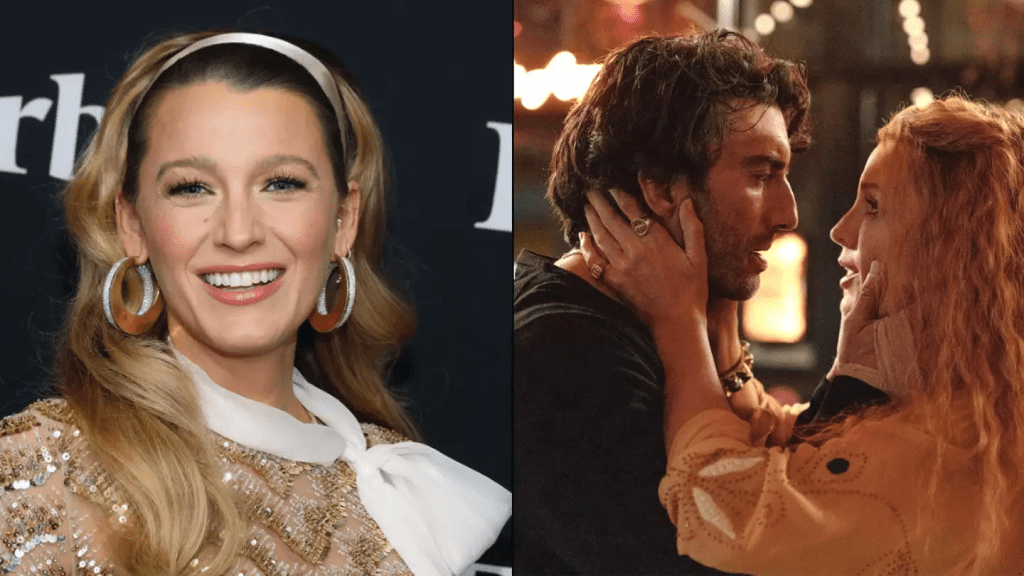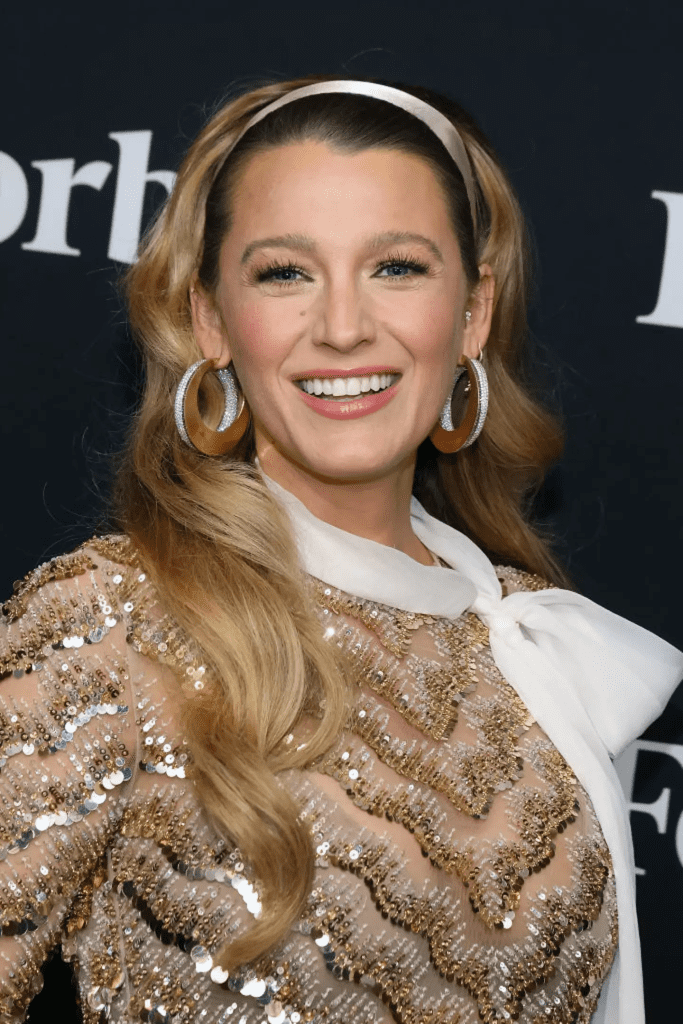Blake Lively’s ongoing dispute with Justin Baldoni has pulled back the curtain on troubling allegations, professional boundaries, and the need for safety in Hollywood’s creative process. The actress has filed a lawsuit against her It Ends With Us co-star and director, accusing him of sexual harassment, a smear campaign, and unprofessional behavior on set. As part of the legal proceedings, Lively revealed a list of 30 demands she presented to Baldoni and producer James Heath during a pivotal meeting. These demands aim to address her concerns and ensure safety for herself and the rest of the cast and crew.
This high-profile conflict highlights the pressing issue of safeguarding personal and professional boundaries in the film industry. Let’s dive into the details of the allegations, the 30 demands, and what this case means for Hollywood.

The Allegations Against Justin Baldoni
The lawsuit Blake Lively filed against Justin Baldoni is centered around allegations of inappropriate behavior, sexual harassment, and a targeted social media smear campaign. According to Lively, Baldoni engaged in misconduct that made her feel unsafe and disrespected on set.
Texts between Baldoni’s alleged team, reportedly tasked with orchestrating a smear campaign, were included in the lawsuit. In these messages, Baldoni is accused of stating that he “wants to feel like [Lively] can be buried.” Baldoni’s legal team, however, has categorically denied the allegations, calling them “false” and claiming Lively is attempting to fix her negative reputation by spreading “fake stories.”
The January 2024 Meeting: A List of 30 Demands
To move forward with the production of It Ends With Us, a meeting was held in January 2024, shortly after the conclusion of the actors’ and writers’ strikes. Blake Lively, her husband Ryan Reynolds, Baldoni, and producer James Heath were all present. During this meeting, Lively presented a detailed list of 30 demands addressing her concerns and safety measures required for the project to continue.
These demands outline specific boundaries and highlight several alleged instances of unprofessional and inappropriate behavior on set. Below are some of the key points from Lively’s list:
Demanding Professional Boundaries
Many of the demands were rooted in establishing professional boundaries. Lively requested that:
- Baldoni and Heath cease making inappropriate comments about pornography, sex, or genitalia, either to her or other crew members.
- No personal or physical touching or sexual comments be tolerated without explicit consent.
- Any intimate scenes be fully choreographed in advance and overseen by an intimacy coordinator.
Ensuring Safety on Set
Lively’s demands also included measures to ensure a safer and more respectful working environment:
- The presence of an intimacy coordinator for all scenes involving nudity or simulated sex.
- No unapproved personnel or non-professional actors be present during intimate or violent scenes.
- A third-party producer be engaged to oversee safety, logistics, and creative elements for the remainder of the shoot.
Guaranteeing Transparency and Representation
To ensure she had a voice and felt supported, Lively requested:
- A personal representative on set at all times to monitor scenes involving nudity, sexual activity, or violence.
- Regular updates regarding potential COVID-19 exposure for herself and her infant.
- A final in-person meeting with Baldoni, Heath, and key producers, including her husband Ryan Reynolds, to confirm adherence to these demands.
Allegations of Inappropriate Behavior
Lively’s list of demands paints a troubling picture of the alleged misconduct on set. Some of the accusations include:
- Showing her nude images or videos of women without consent.
- Discussing Baldoni’s personal experiences with consent violations.
- Making disparaging remarks about HR complaints and minimizing their importance.
- Improvising physical contact, such as kissing or biting, without prior discussion or approval.
One of the more bizarre allegations involves Baldoni claiming to “speak” to Lively’s deceased father, an act she found deeply inappropriate.

Baldoni’s Defense: A Counterclaim
In response to the lawsuit and the list of demands, Justin Baldoni’s legal team has vehemently denied the allegations. They have accused Lively of planting fabricated stories and attempting to manipulate public perception. Baldoni’s lawyers have characterized the lawsuit as a “desperate” attempt to repair her reputation.
While both sides remain firm in their positions, the case has sparked widespread debate about accountability, respect, and the role of intimacy coordinators and safety measures in modern film productions.
Hollywood’s Wake-Up Call: Addressing Workplace Harassment
This legal dispute serves as a sobering reminder of the challenges many actors, especially women, face in the entertainment industry. Hollywood has long grappled with issues of harassment, boundary violations, and power dynamics. In recent years, movements like #MeToo have brought these issues to the forefront, pushing for significant changes in how the industry operates.
Blake Lively’s case highlights the importance of implementing clear protocols to protect cast and crew members. From mandating intimacy coordinators to ensuring HR complaints are taken seriously, the industry still has a long way to go to create truly safe and inclusive working environments.
The Role of Ryan Reynolds in Supporting Lively
Ryan Reynolds’ involvement in the January 2024 meeting underscores his unwavering support for his wife. By attending the meeting and standing by her side, Reynolds played a vital role in advocating for Lively’s concerns and helping her navigate the legal and emotional challenges of the situation. His presence not only provided emotional support but also ensured that Lively’s voice was heard during the critical negotiations.
What’s Next for the Film and the Lawsuit?
As the lawsuit unfolds, the production of It Ends With Us faces an uncertain future. While the demands were a necessary step to resume filming, the legal battle casts a shadow over the project. Whether the production can continue without further controversy remains to be seen.
At its core, this case isn’t just about one actress or one director—it’s about setting a precedent for how the industry handles misconduct allegations and ensures safe working environments for all involved.
Conclusion: A Call for Accountability and Respect
Blake Lively’s lawsuit against Justin Baldoni, coupled with her list of 30 demands, has ignited a conversation about the need for accountability, boundaries, and respect in Hollywood. While the allegations remain under legal scrutiny, one thing is clear: the entertainment industry must continue to evolve to prioritize the safety and dignity of its talent.
This case serves as a reminder that no role, project, or creative vision should come at the expense of personal well-being. As Hollywood navigates these challenges, the hope is that stories like Lively’s will drive meaningful change and foster a culture of respect, professionalism, and collaboration.


